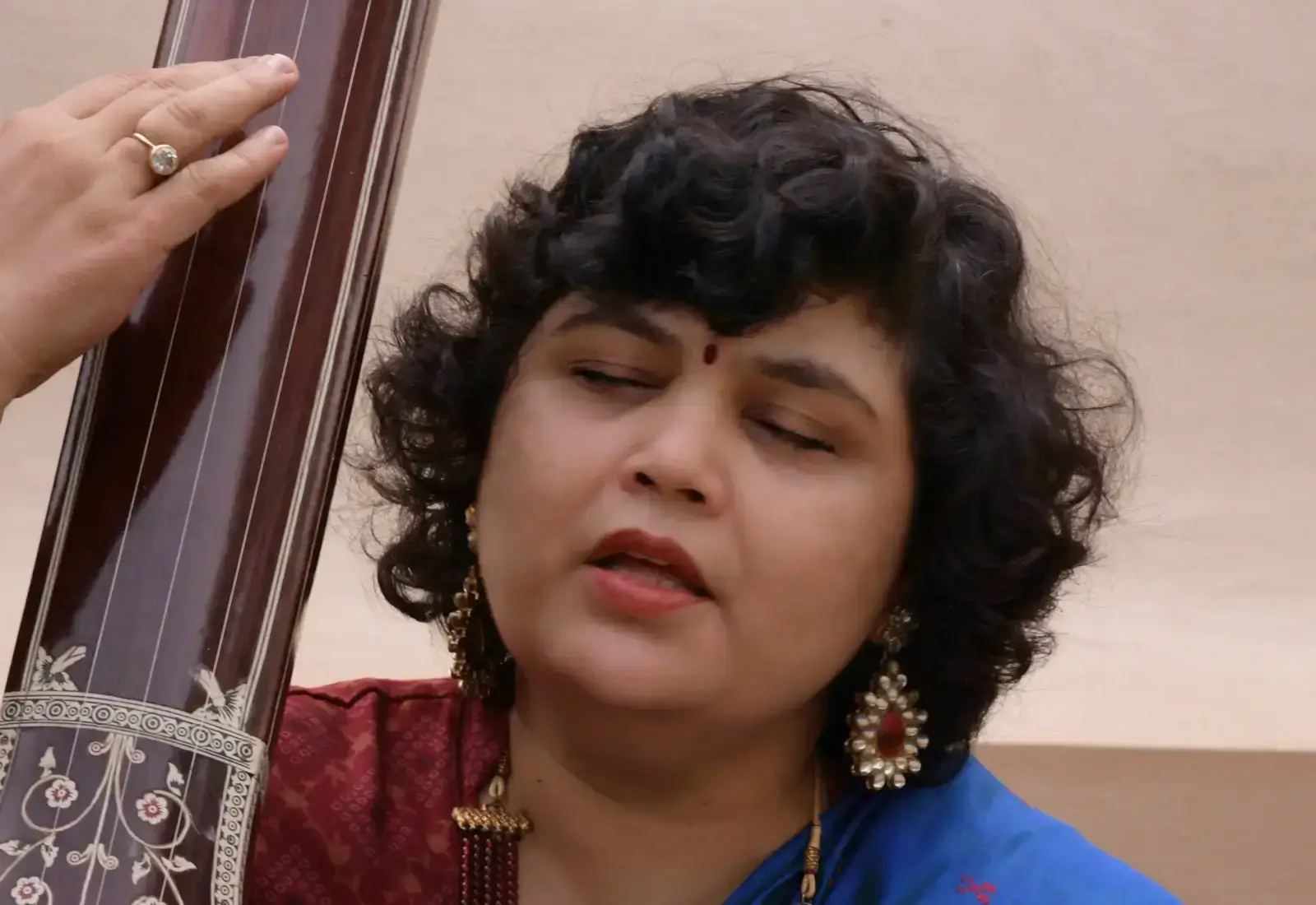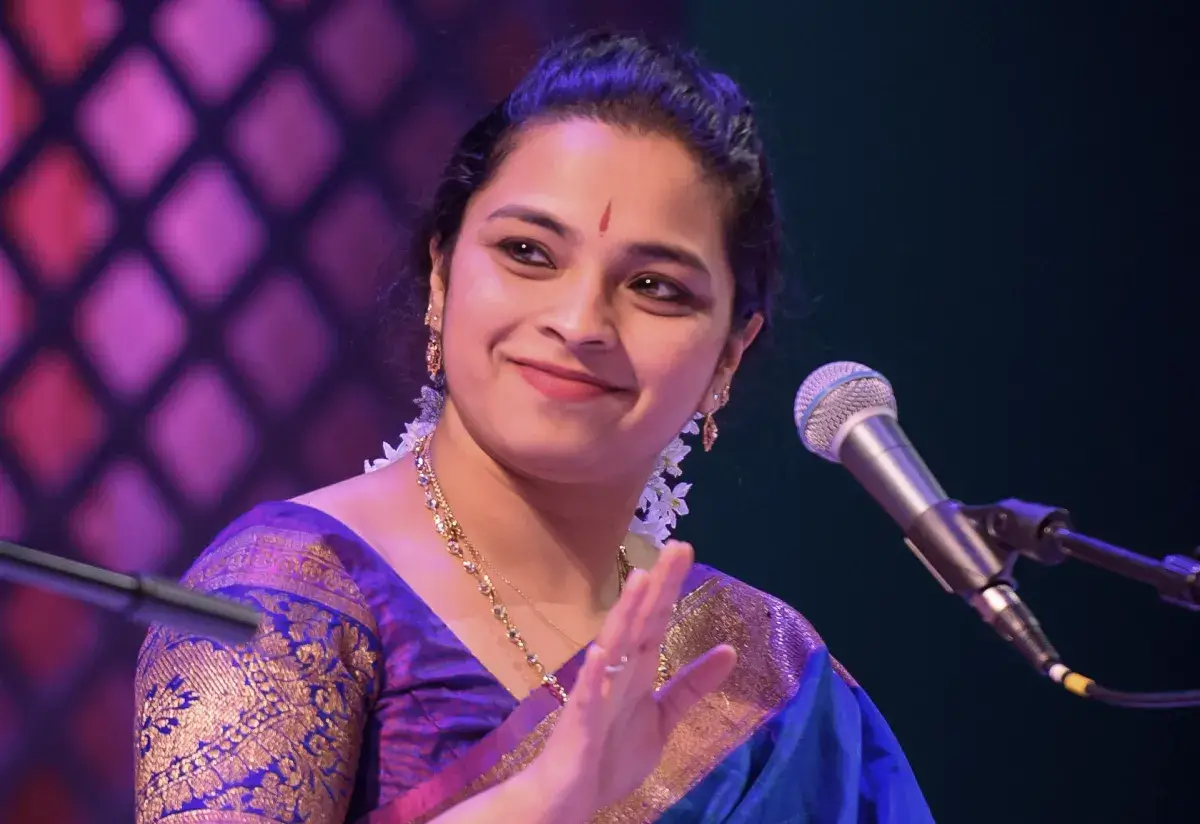Voice Types - Understand 8 Different Types of Singing Voices
What makes your singing voice so unique?
Because you fall into one of the different types of voices or tonality. Your musical range, the span of notes where the voice is comfortable, and the flexibility of the voice, together make up your voice type. Your voice type determines your vocal range and also helps you to know what to expect from your voice. And by knowing your voice type you can be aware of its powers and limitations. You can make informed decisions to enhance it! So, let’s start exploring the types of singing voices and what sets them apart.
8 Different Types of Singing Voices
1. Soprano
2. Mezzo-Soprano
3. Contralto
4. Tenor
5. Baritone
6. Bass
7. Countertenor
8. Sopranista
1. Soprano
This singing voice type is particularly female type. Sopranos typically have a bright, light, and airy tone and can sing in the higher ranges of the vocal register.
The sound produced by a soprano voice is often described as clear, pure, and soaring. Sopranos have the ability to hit high notes with ease and may also possess a wide range of dynamics, from soft and delicate to powerful and dramatic. The voice can be rich and warm, or light and airy, depending on the individual singer's technique and style. In choral music, sopranos often provide the melody and harmonies that soar above the rest of the ensemble, adding a sparkling and ethereal quality to the sound.
Maria Callas, Whitney Houston, Celine Dion, and Adele are some of the popular singers with strong and soulful soprano voices.
2. Mezzo-Soprano
This is the middle-range female voice type. People with a mezzo-soprano voice typically have a vocal range that falls between that of a soprano and an alto. Mezzo-sopranos have a warm and rich tone, with a slightly darker timbre compared to sopranos.
Their voice can be characterized as having a full and resonant quality, with a lower range that is fuller and richer than that of a soprano. They can also sing higher notes with a lighter quality, but generally, their voice shines in the middle range. Mezzo-sopranos are often able to convey a wide range of emotions in their singing due to the versatility of their voice.
In general, mezzo-sopranos have a very pleasant and attractive voice that can sound both powerful and delicate.
3. Contralto
Contralto is the lowest female voice type, and it is characterized by a rich, deep, and resonant tone. Women with contralto voices typically have a vocal range that extends from around F below middle C to second F above middle C, although the exact range can vary depending on the individual.
Contralto singers often have a full-bodied, powerful sound that is well-suited to singing lower-pitched music, such as jazz, blues, and gospel. They also have a natural ability to produce a strong vibrato, which adds warmth and depth to their singing.
While speaking, people with contralto voices often have a lower pitch and a more authoritative tone than women with higher-pitched voices. They may sound more assertive and confident, which can be an asset in many professional and personal situations.
4. Tenor
A tenor is a male voice type that typically has a higher vocal range than other male voice types, such as bass or baritone.
Tenors can have a variety of different tones and qualities to their voices, depending on their individual vocal characteristics and training. Generally speaking, however, tenors tend to have a bright, clear, and ringing tone that is well-suited to singing melodies and carrying a tune.
In classical music, tenors are often called upon to sing the lead roles in operas and other vocal works. In popular music, tenors are often used as lead singers in rock, pop, and other genres. Since there is a list of different singing types of singing voices, if you are unable to discover your voice type, you can consider taking guidance from world-class experts through online singing lessons.
5. Baritone
People with a baritone voice type generally have a rich, deep, and warm tone in their speaking and singing voice. Their vocal range usually falls between the bass and tenor voice types, and they can typically hit notes within the range of G2 to G4.
Baritone voices are commonly found in male singers, but some female singers, like Usha Uthap, can also possess a baritone range. They often have a full and resonant quality to their voice, with a strong midrange and lower notes that have a full-bodied quality.
Baritone voices often have a commanding and authoritative presence, making them well-suited for professions that require confidence and assertiveness, such as public speaking or acting.
6. Bass
People with a bass voice type typically have a low and resonant voice. Their vocal range tends to be lower than other voice types, such as tenors or altos.
Their speaking voice may have a deeper pitch and a richer tone compared to other voice types. When singing, they often sing the lowest notes in a choir or vocal group, providing a strong foundation for harmony.
Some famous examples of people with a bass voice type include Barry White, Johnny Cash, and James Earl Jones.
7. Countertenor
People with countertenor voice types typically have a high singing range similar to a female alto or mezzo-soprano. However, unlike female singers, countertenors are biologically male and produce their high-pitched sounds through a specialized vocal technique that involves singing in falsetto or using their head voice.
Countertenors often have a light and agile quality to their voice, with a clear and pure tone. Their singing is characterized by a smooth and controlled vibrato and a seamless transition between their chest voice and falsetto. The sound produced by countertenors is often described as ethereal, otherworldly, and hauntingly beautiful.
Not all countertenors sound the same, and their vocal qualities can vary depending on their individual technique, training, and natural vocal timbre.
8. Sopranista
A sopranista is a male singer who has the ability to sing in the soprano range, typically through the use of a specialized vocal technique called falsetto. Sopranists are sometimes referred to as "male sopranos" or "male sopranists."
Sopranists can sound quite similar to female sopranos, as they are able to produce the same high notes and vocal quality. However, because they are male singers, they may have slightly different tones or timbre to their voices. Some sopranists may have a more ethereal or delicate sound, while others may have a fuller, more resonant tone.
Overall, the sound of a Sopranist can depend on their individual vocal technique, their training, and the style of music they are singing. However, sopranists are known for their ability to sing in an extremely high range, and their voices can be quite striking and memorable.
Exploring the Types of Voices: What We've Learned
It's important to note that not every singer fits perfectly into one of these categories, and there can be variations within each type of voice depending on the individual singer's vocal range, tone, and technique.
When you know your voice type you can work in the right direction to enhance it in the best way possible. Know the strengths of your voice and follow tips to sing better to unleash the true potential of your voice.
The 8 classifications of voice are: 1. Soprano, 2. Mezzo-Soprano, 3. Contralto, 4. Tenor, 5. Baritone, 6. Bass, 7. Countertenor, and 8. Sopranista.
The rarest voice type is generally considered to be the countertenor for men and the true contralto for women. Countertenor – A male singer who sings in the same range as a female mezzo-soprano or contralto, often using a well-developed falsetto or mixed voice. True countertenors with rich, powerful tone are extremely uncommon. Contralto – The lowest female voice type, with a deep, resonant quality and range roughly from E3 to E5. True contraltos are far rarer than sopranos or mezzos, which is why most opera companies cast mezzos in contralto roles.














